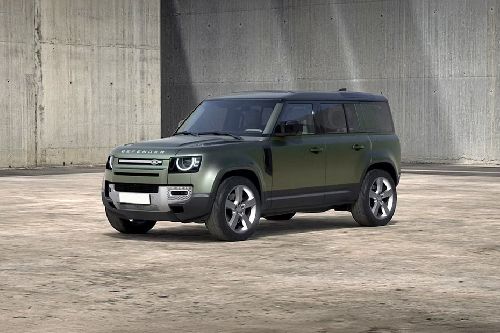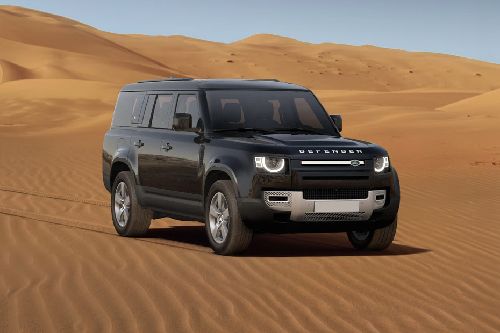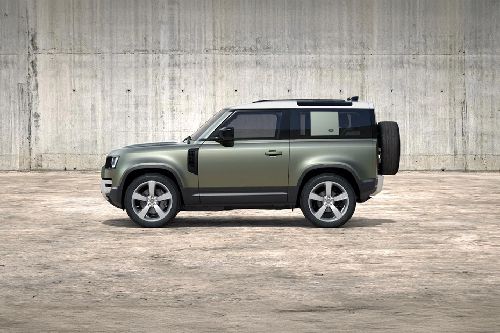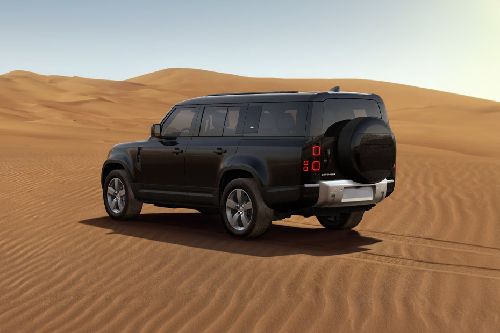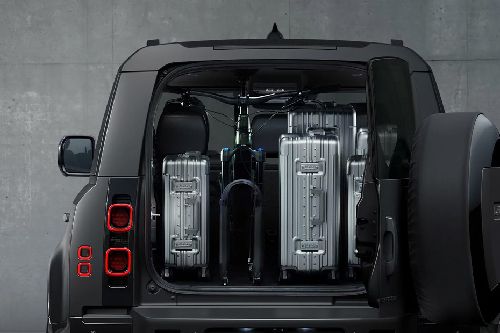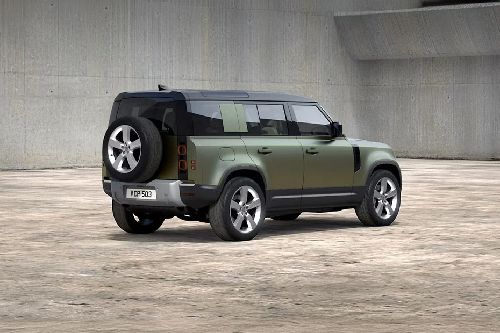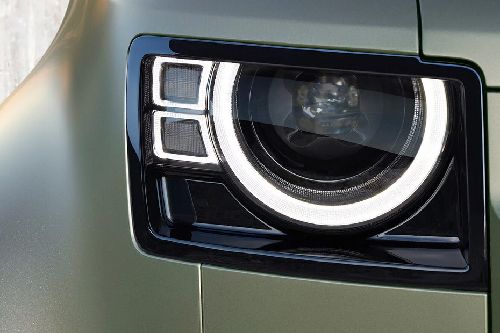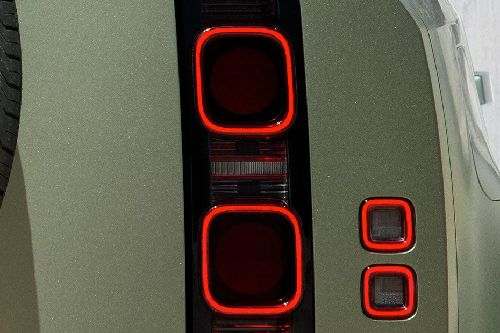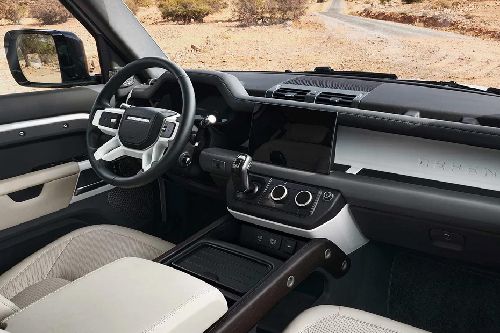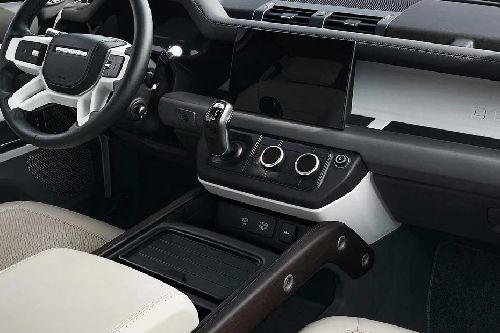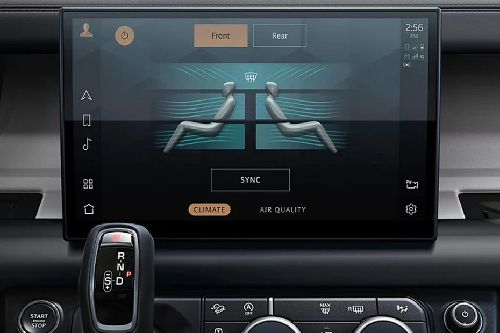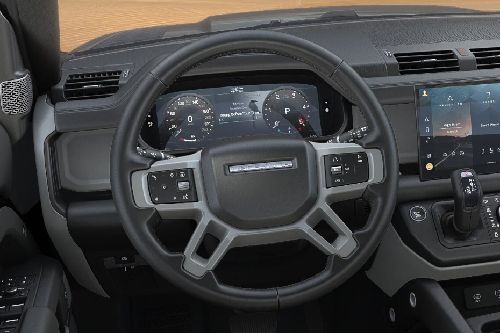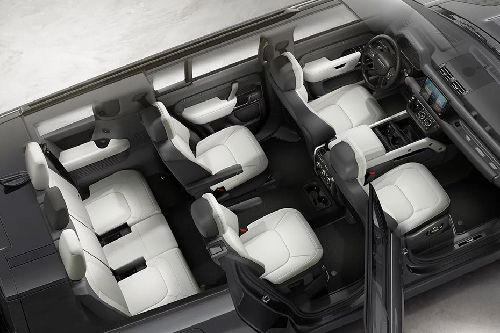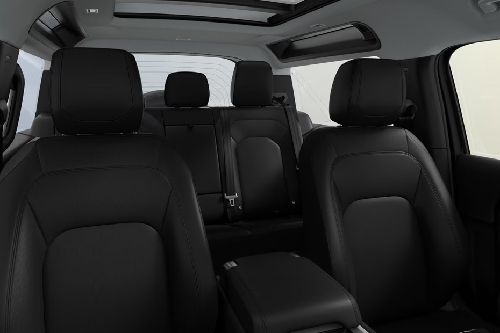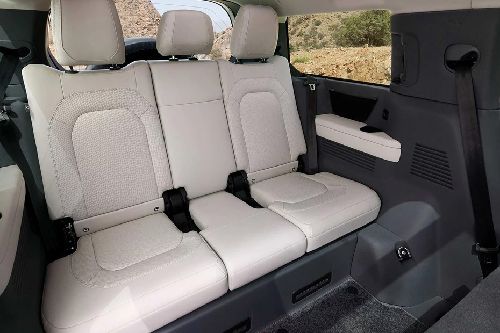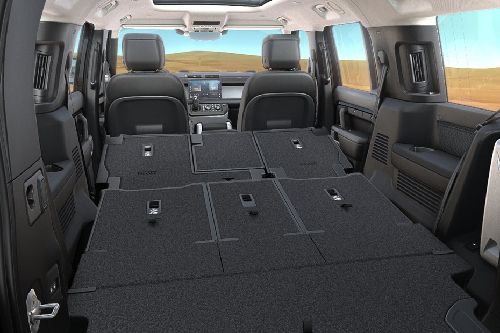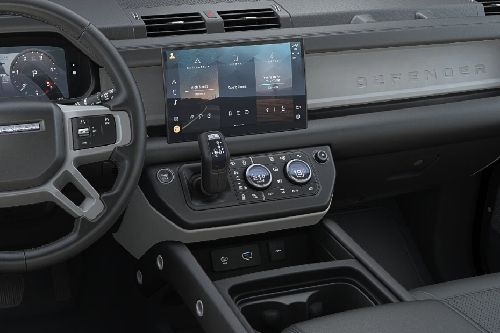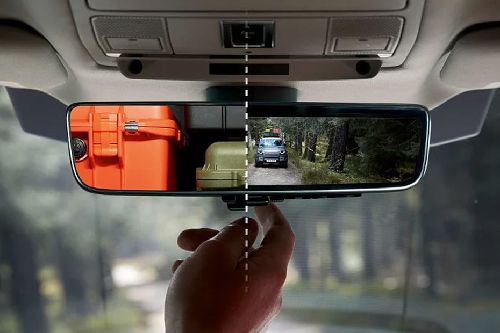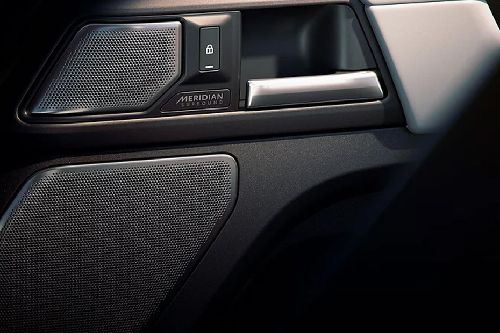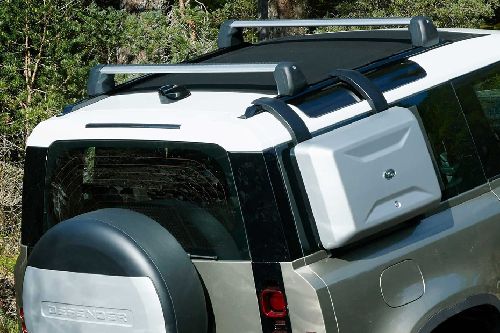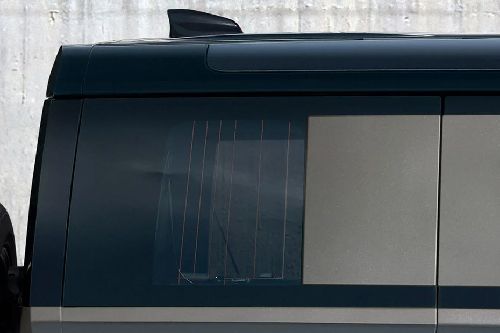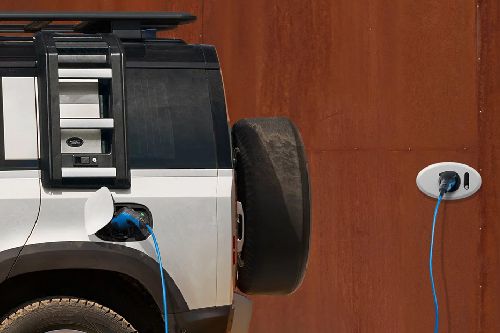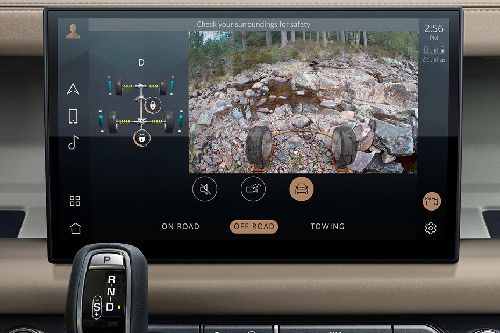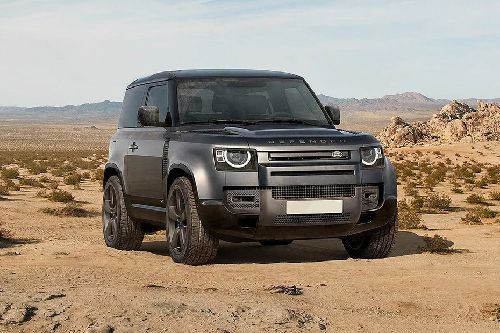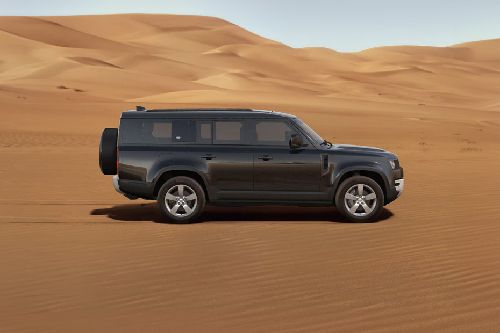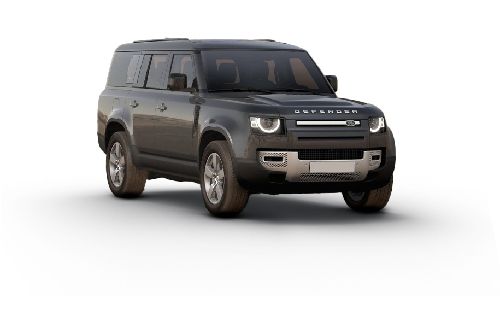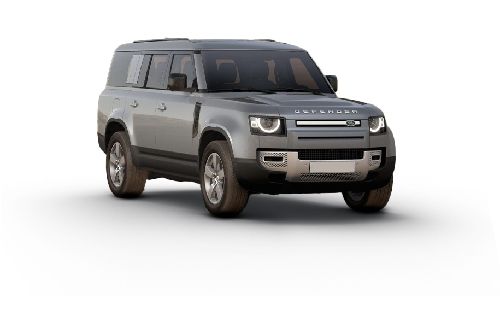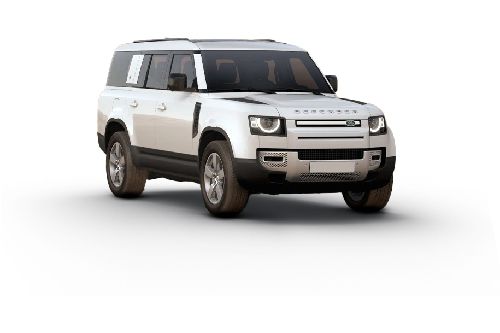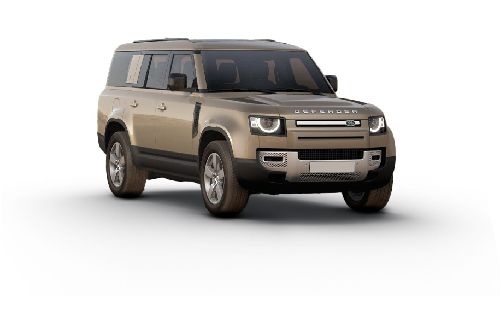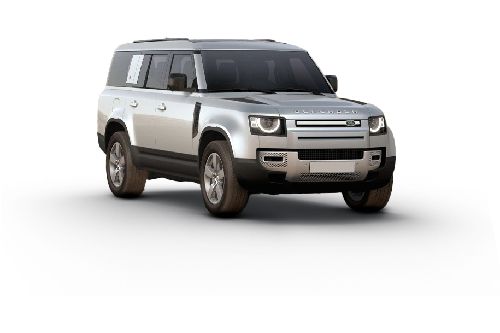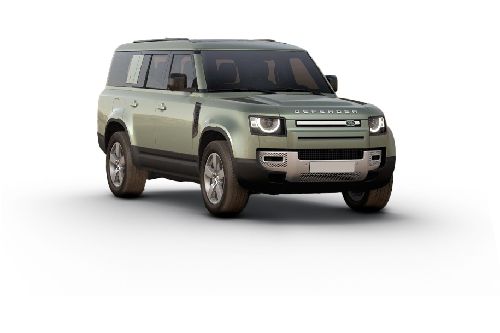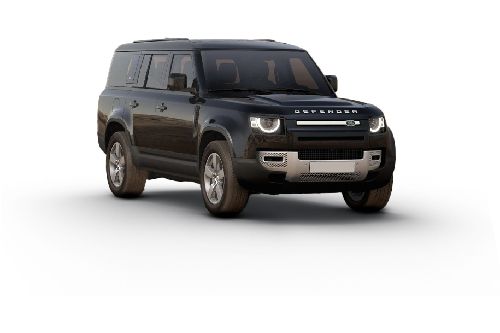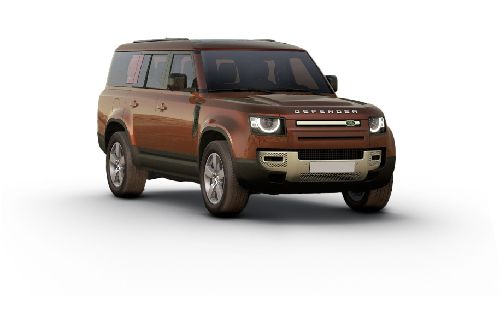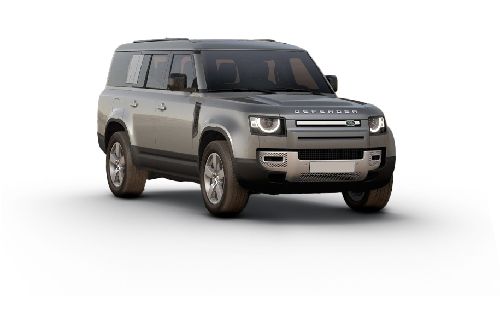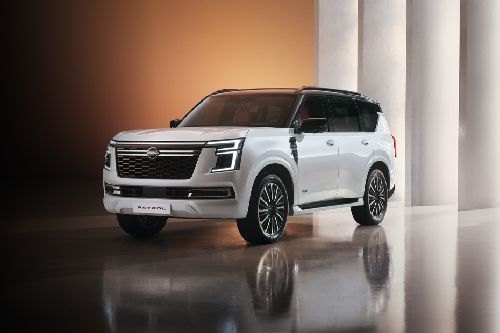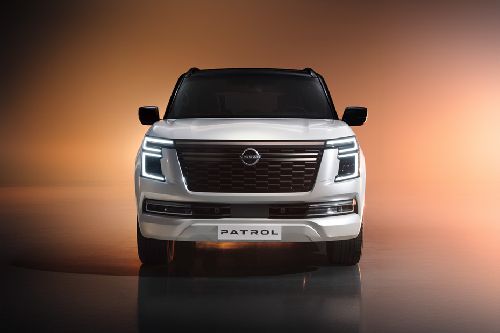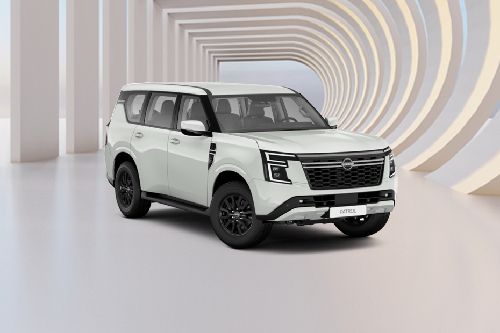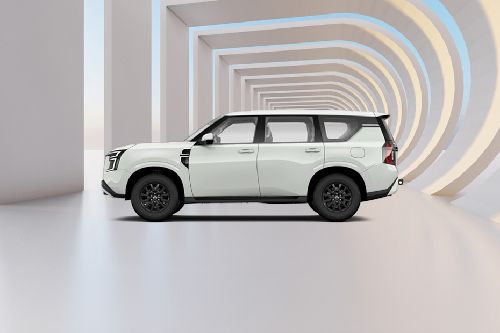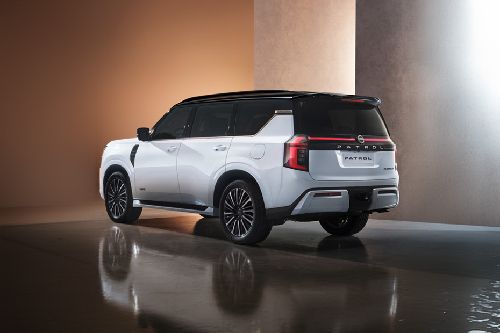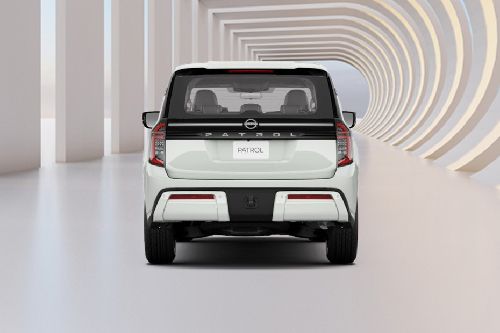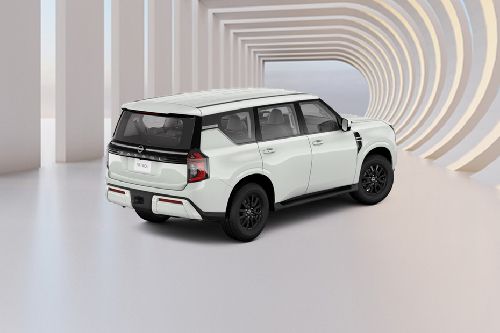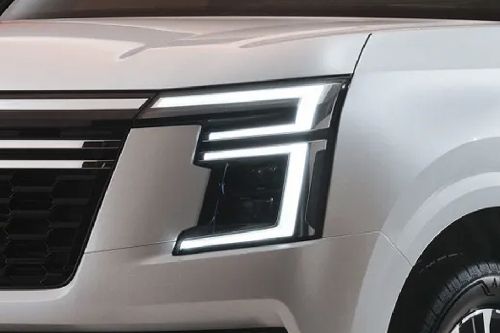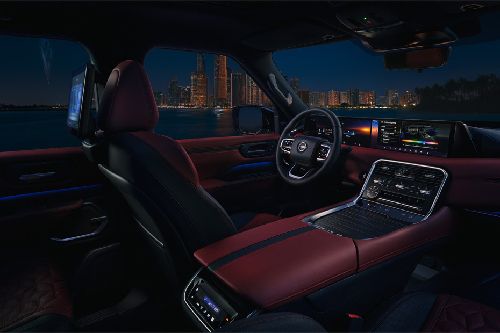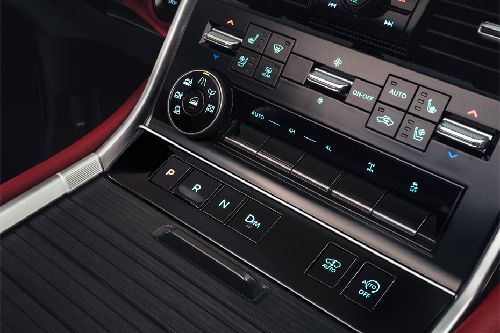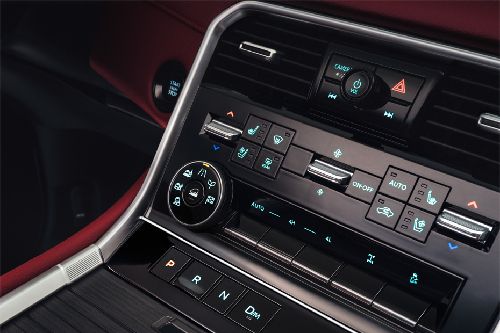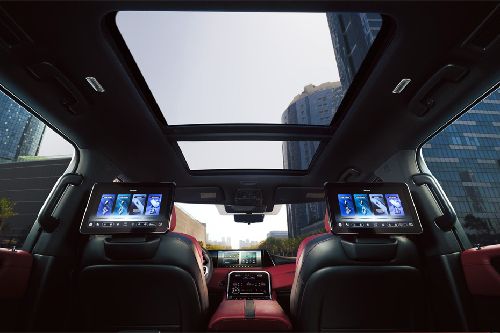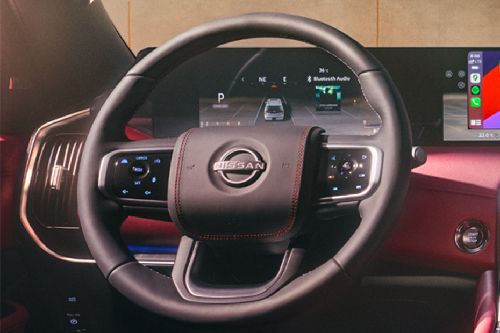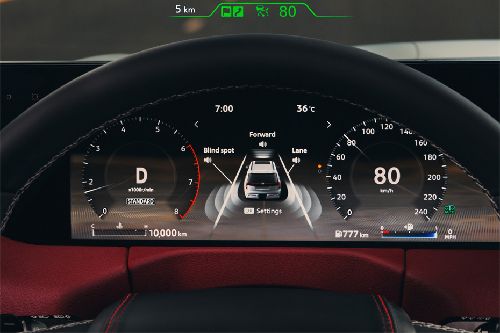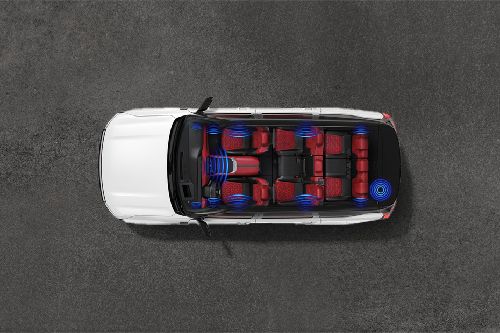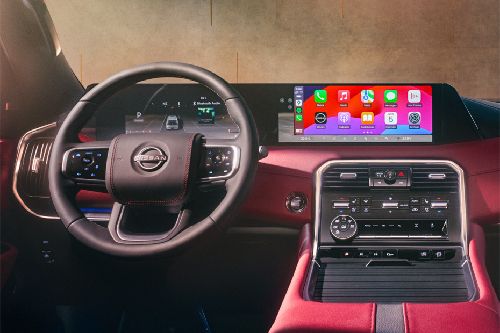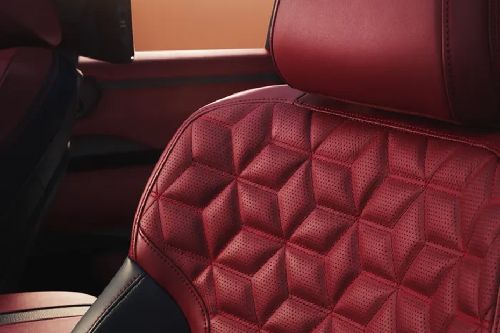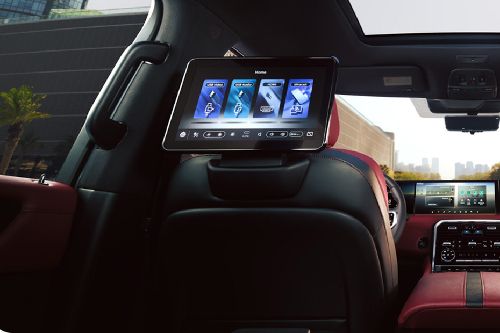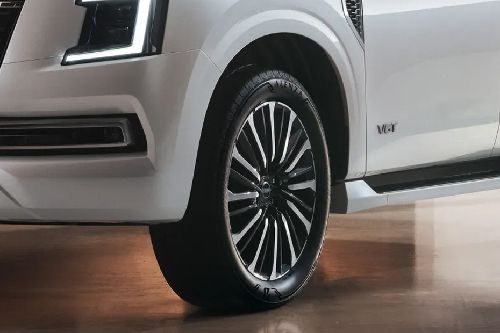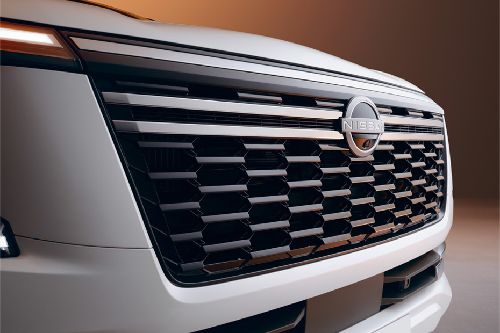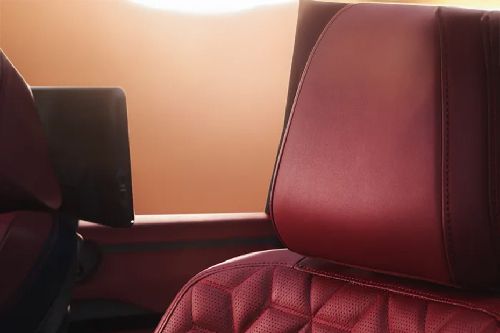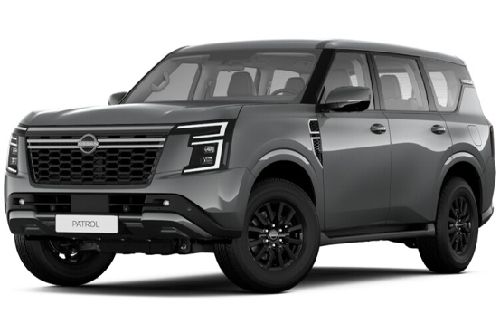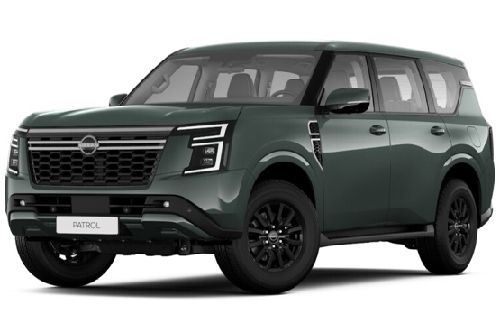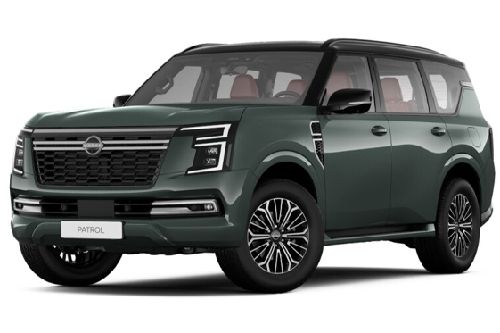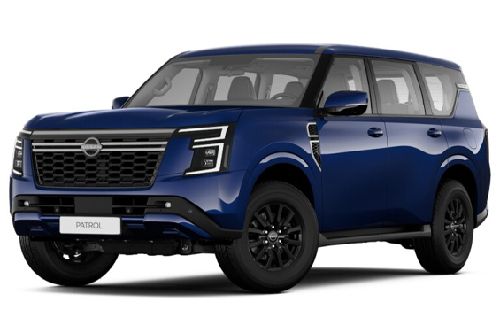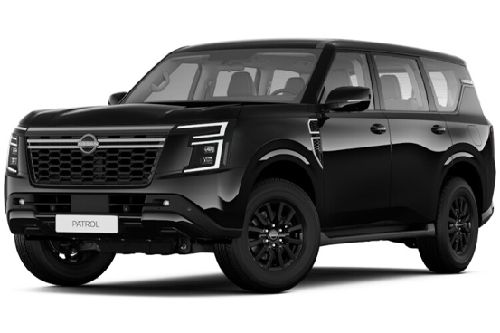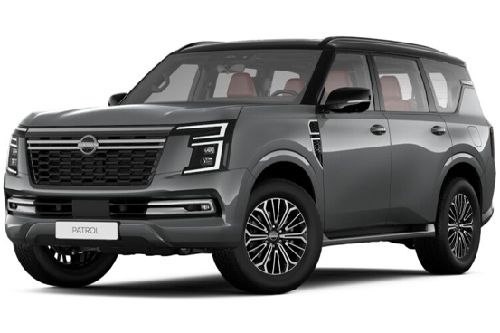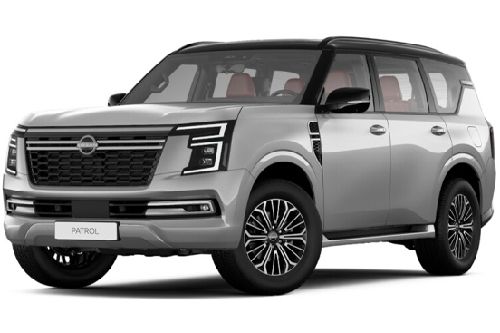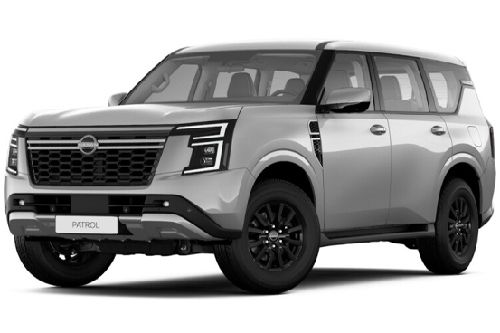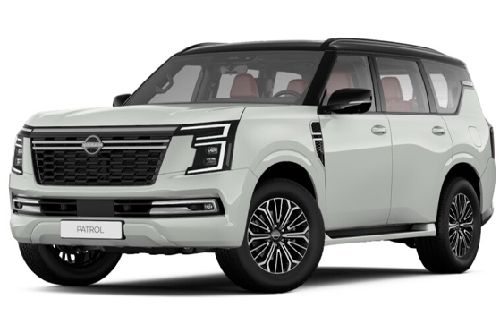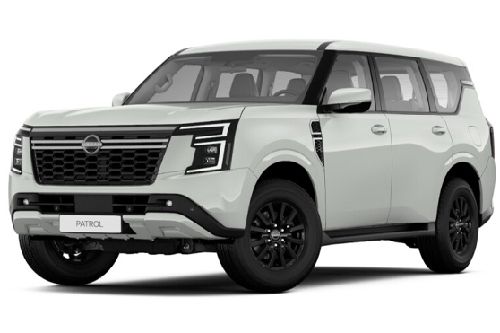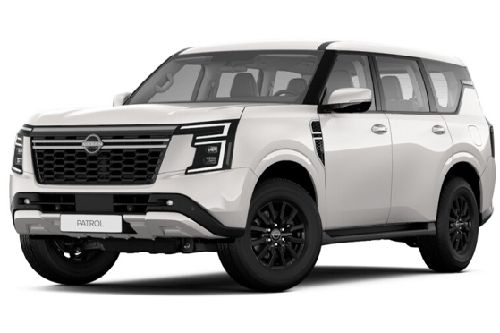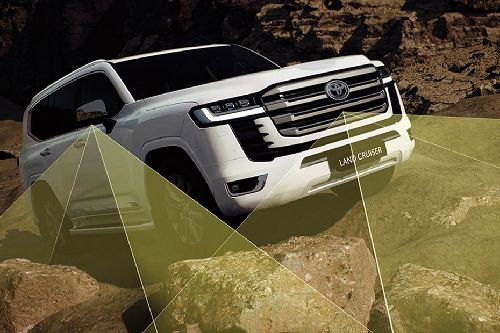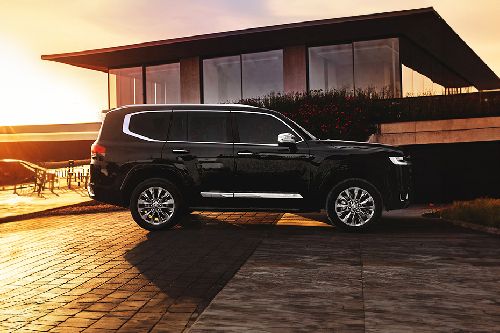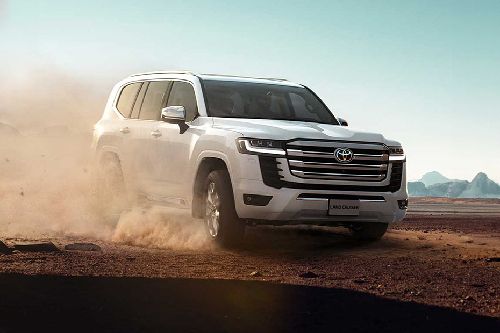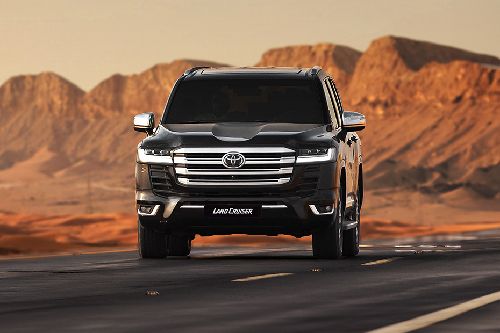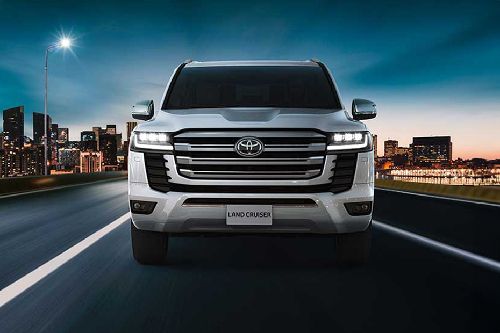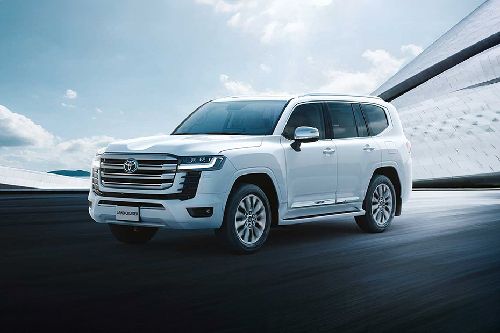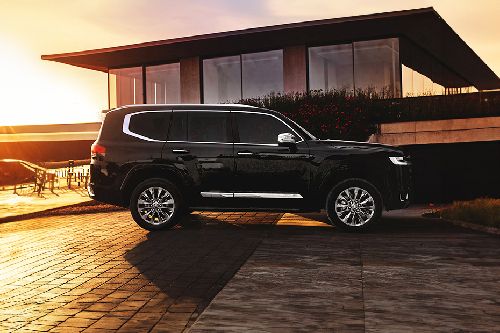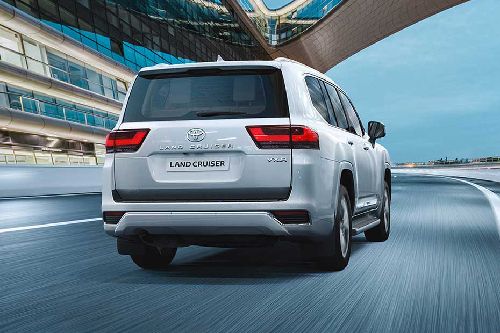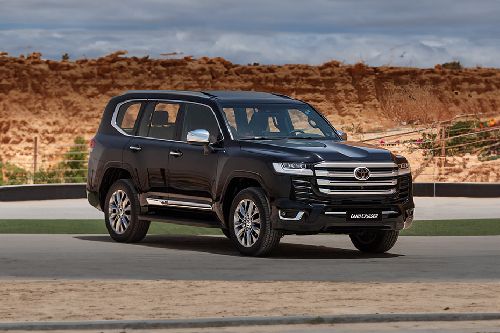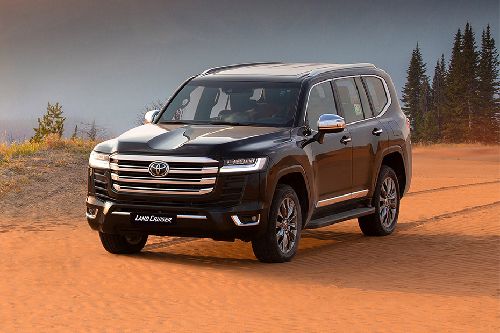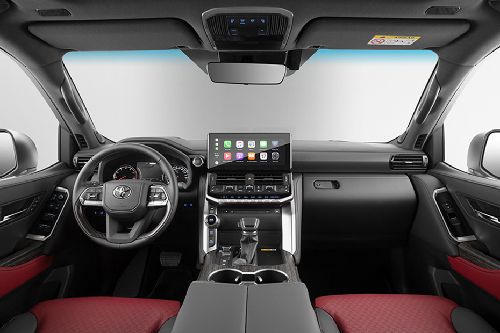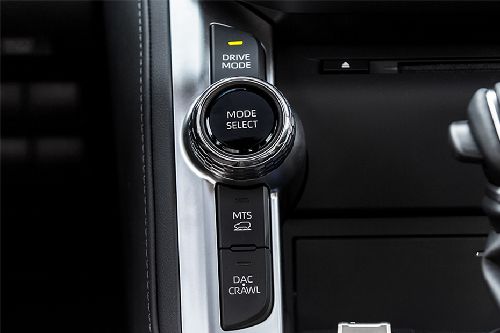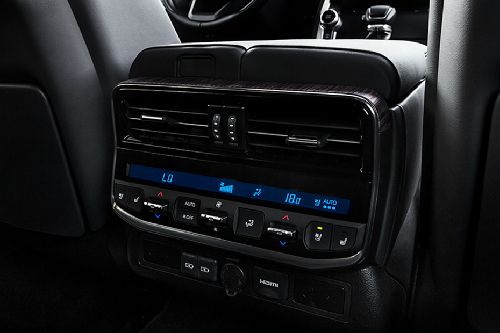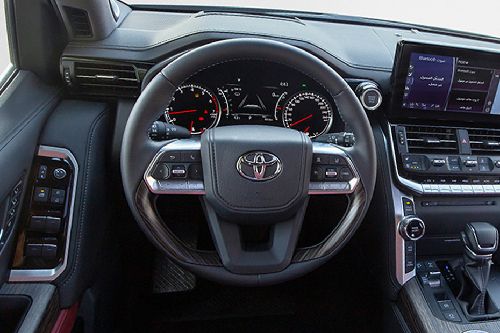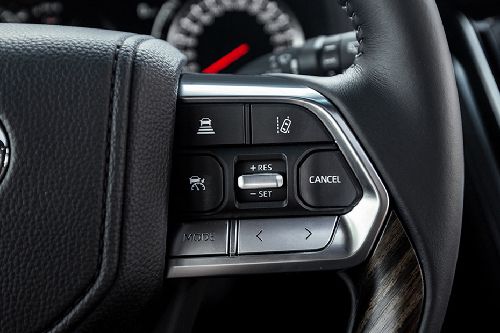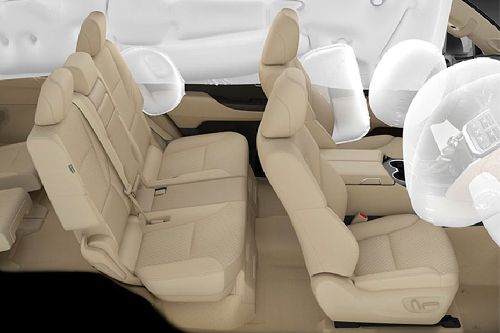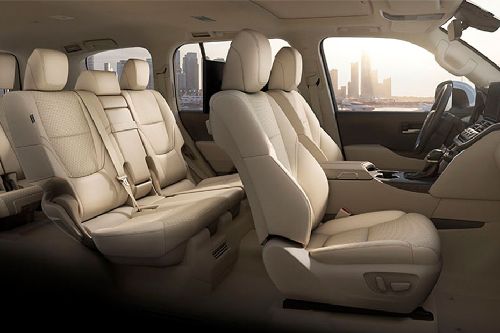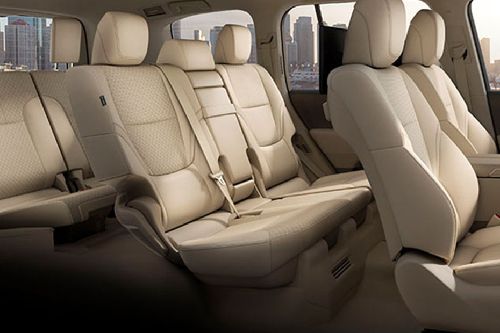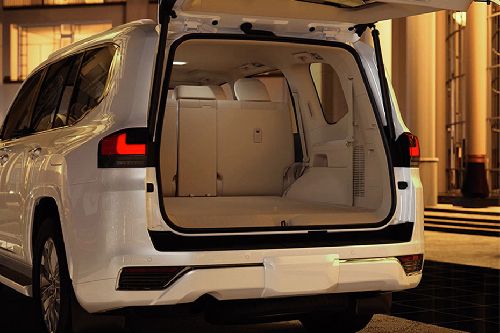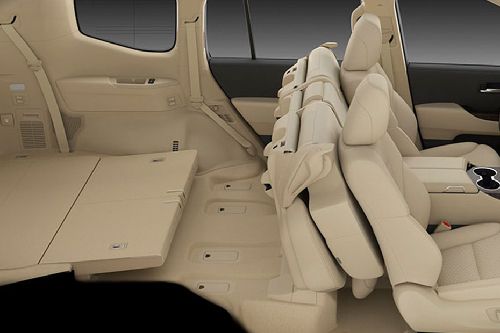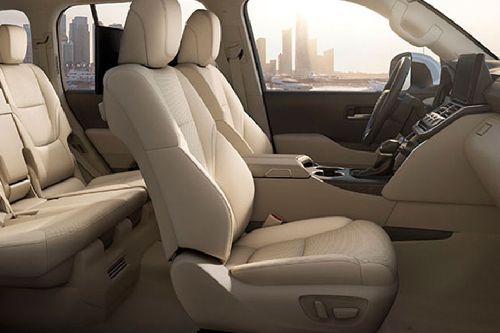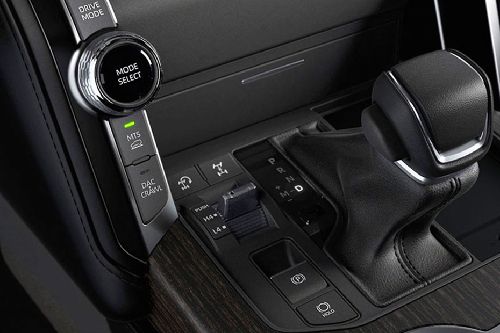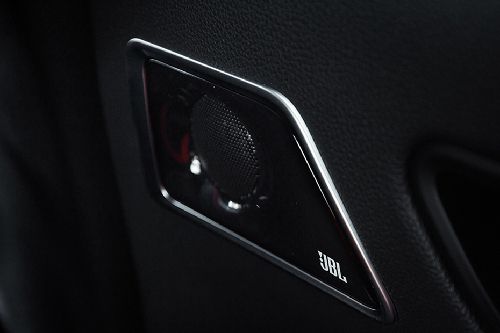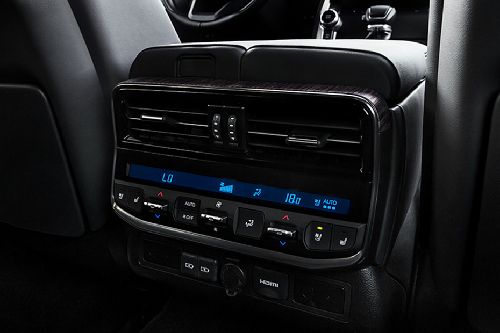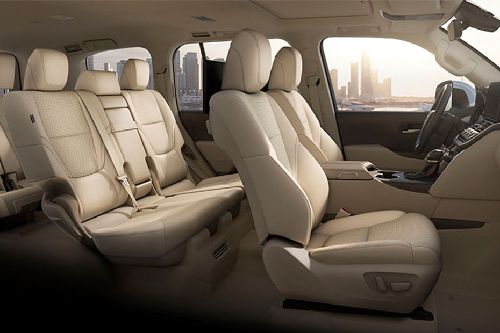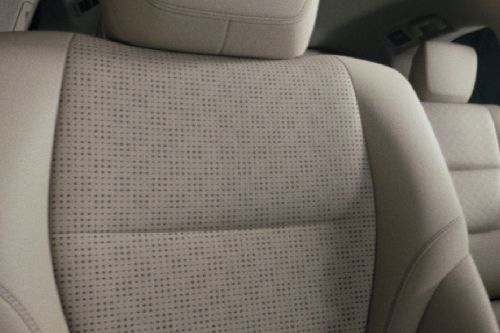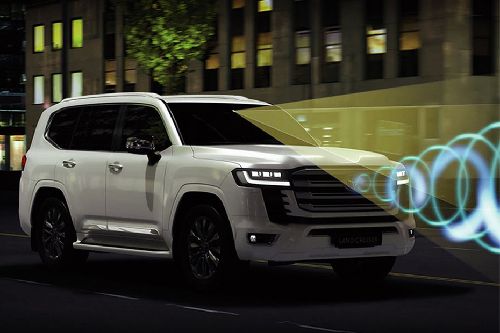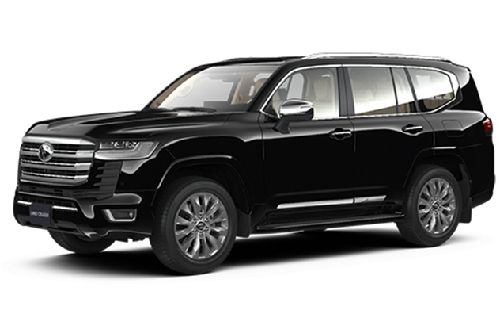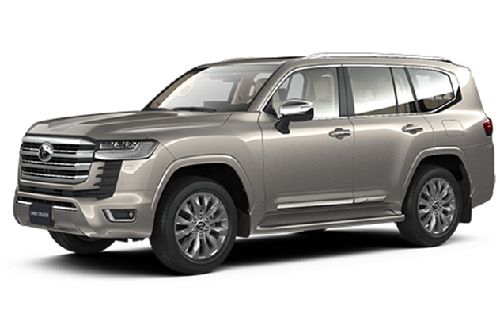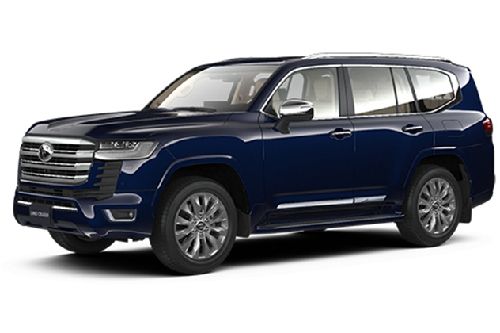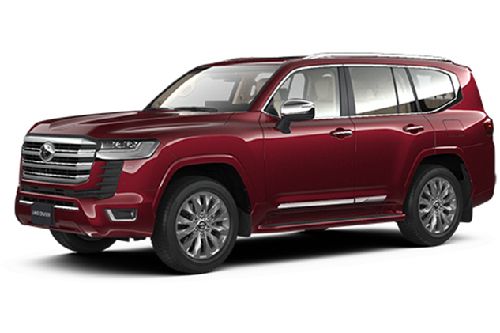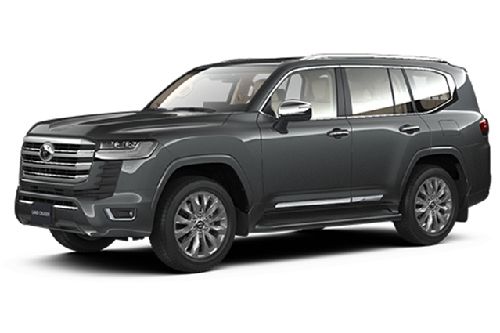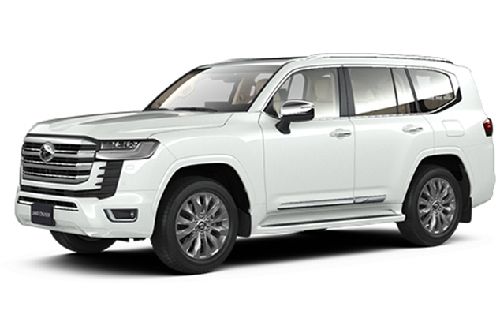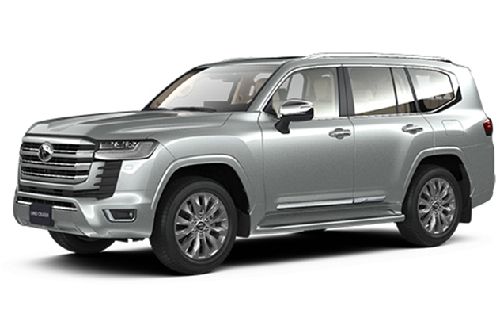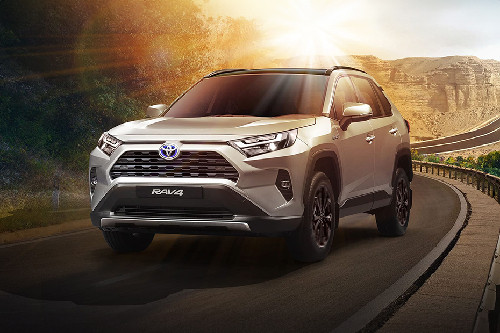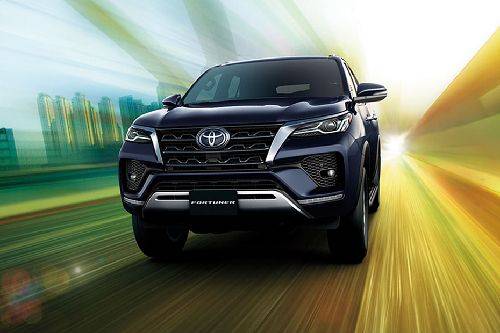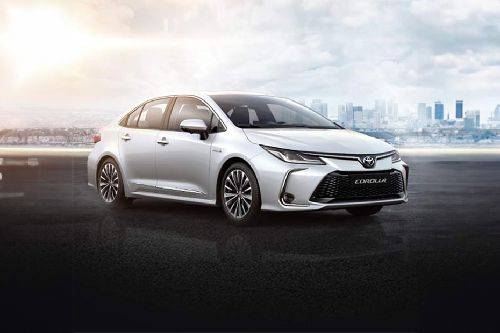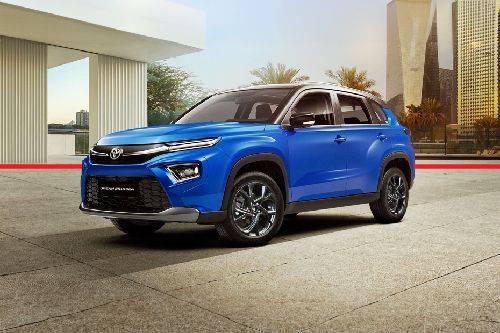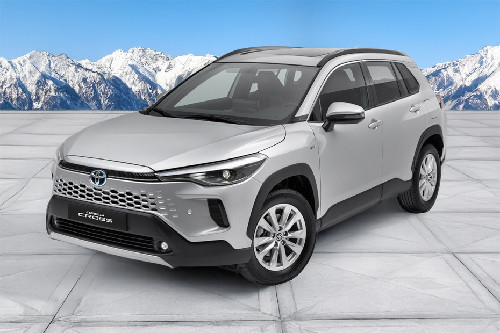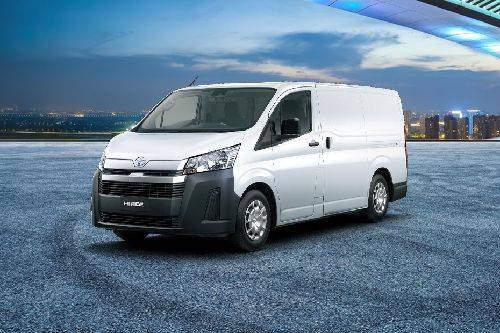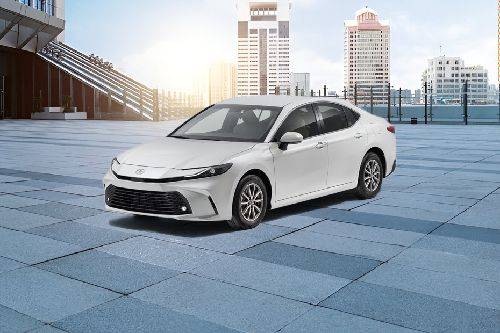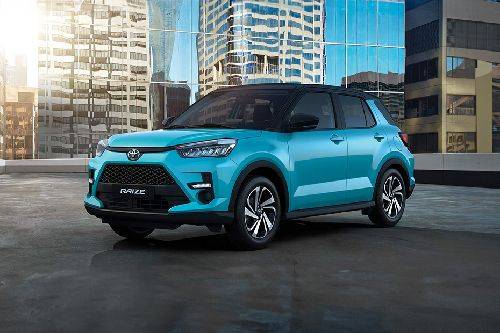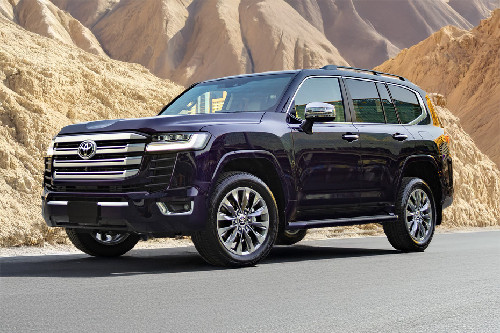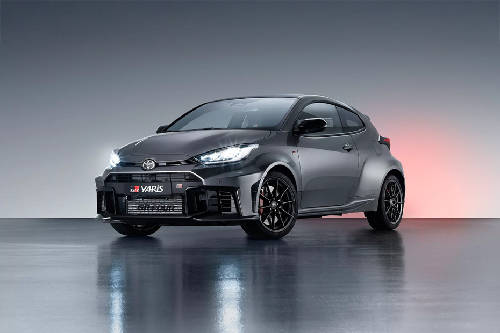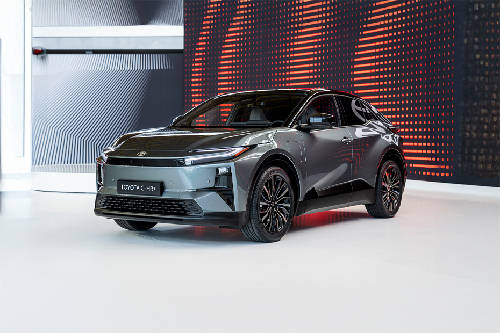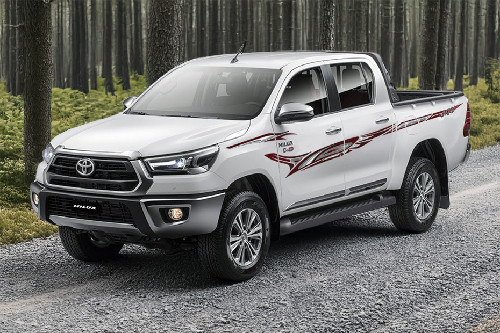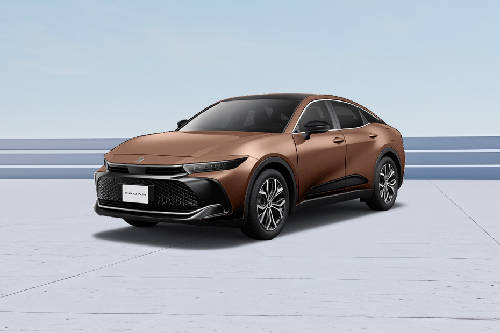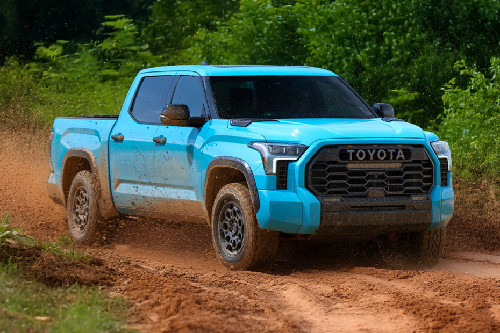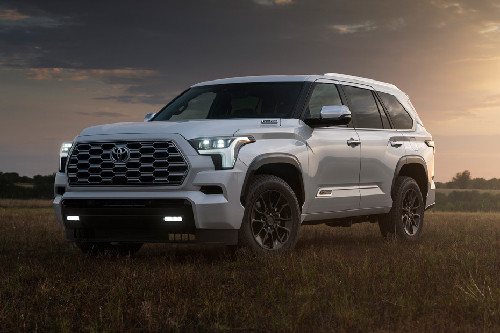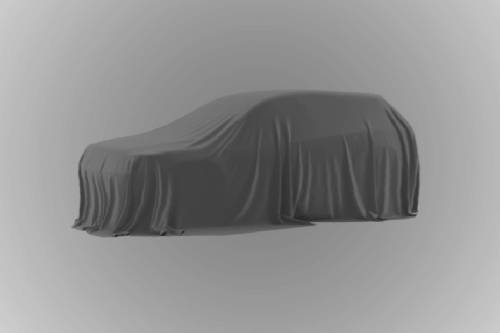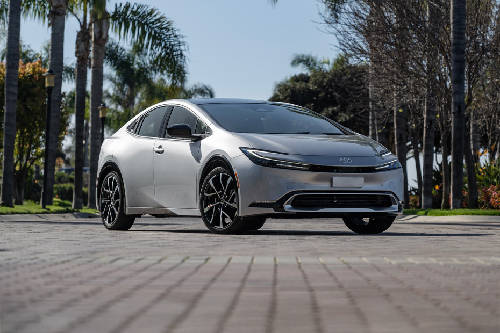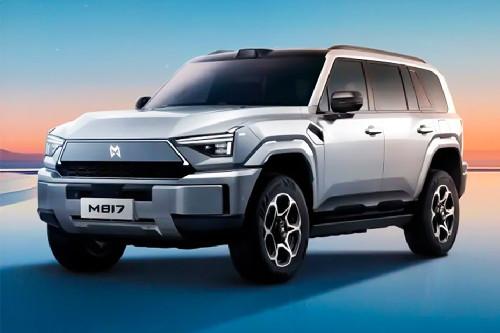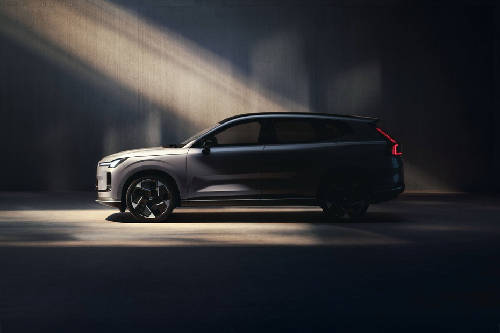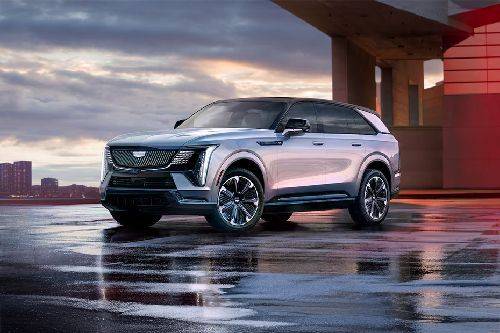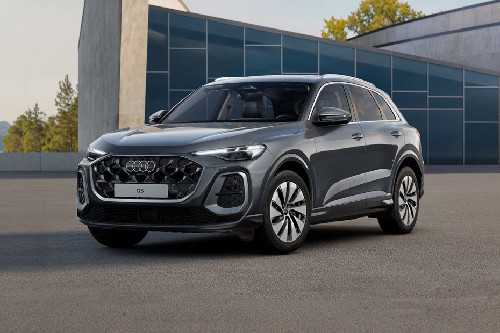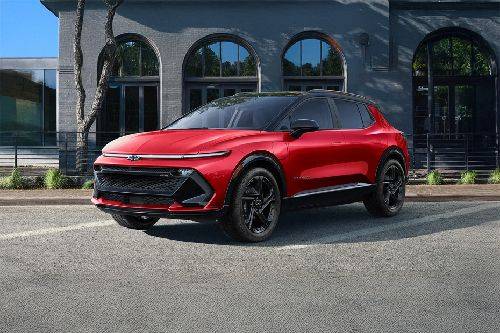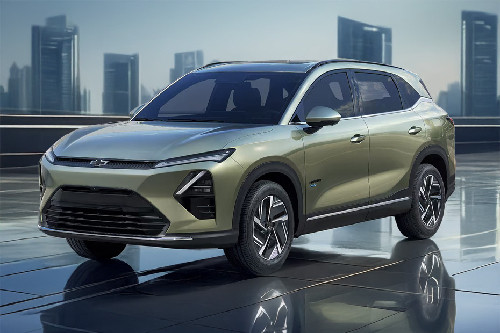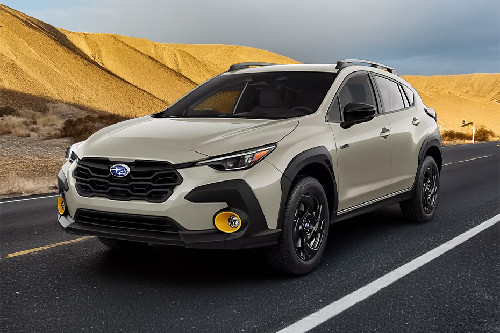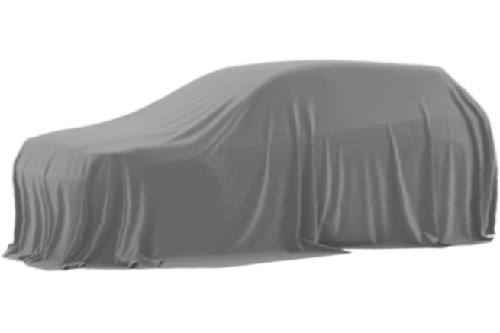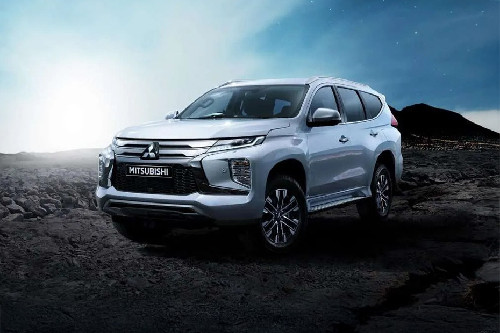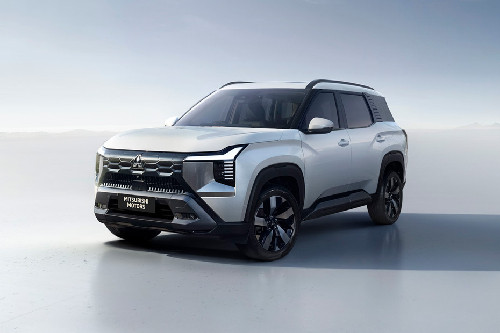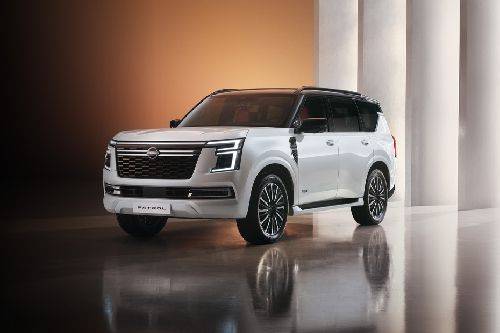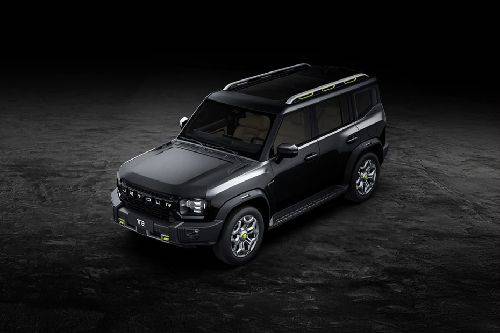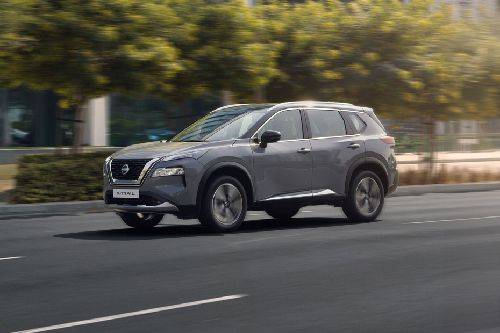Petrol, Diesel, or Hybrid – What Should You Buy in 2025?

Saudi Arabia: It is often said that a car is the second most expensive purchase for an average family, after a house. Hence, buying a new car involves not just the money but also emotion, practicality, usability and ownership experience, as families are most likely to spend a lot of time with the vehicle.
KEY TAKEAWAYS
Which fuel type is best for city driving in Saudi Arabia?
Petrol cars are smooth & affordable for city driving; hybrids offer better fuel efficiency in traffic-heavy urban areas like Riyadh & Jeddah.Why do diesel cars remain popular in Saudi Arabia?
Diesel cars are favoured for long-distance travel, strong torque for off-road/desert drives, durability in harsh conditions, & better fuel efficiency on highways.With this consideration, buying a new car has never been more confusing than it is today. There were times, not long ago, the choice was simple: petrol or diesel. Now, hybrids and electric vehicles have become obvious options, and each comes with its own promises and trade-offs.
Looking at the overall industry scenario in 2025, generally, petrol cars are still everywhere, diesel hasn’t disappeared, and hybrids are gaining momentum. Along with these fuel options, in Saudi Arabia, EVs have been growing, rather rapidly, but, frankly, they haven’t yet achieved the mass appeal for various reasons, and for many buyers they’re still a separate conversation.
So, if you’re in the market today, looking out the entire spectrum of KSA, the automobile industry, for a suitable car for your family that you will own for at least 5 years, if not more. That puts you in a position to search across the whole lot of choices, within your budget, but at the same time decide what fuel option would be most suitable.
To answer those queries and perhaps help you in your decision, in this article, we focus on the three main options most car buyers face right now: petrol, diesel, or hybrid.
What is vital is to stay away from the noise and ask yourself: which one makes the most sense for your life, your driving style, and your budget?
Petrol: The Predominant Choice
Let's start with Petrol cars, which are widely available and affordable. Today, you go to any city, check out brands across Riyadh, Dammam, and Jeddah, and have plenty of options, and for families living in the city, petrol is often the easiest choice, perhaps the first option. On more practicality and usage, Petrol engines are smooth, light, and quiet, which makes city driving more comfortable. Likewise, maintenance is simple and a lot cost-effective. The infrastructure to support, be it trained technicians, availability of parts across Saudi Arabia, is easy, as the ecosystem is well developed to support petroleum as a fuel. That means a hassle-free ownership experience, guaranteed.
Petrol engines are also more adaptable to smaller cars and compact SUVs, which are increasingly popular in urban centres. They accelerate quickly, are lighter, and often come with lower emissions than older diesel engines, which is increasingly relevant in cities adopting stricter environmental policies. Buyers in the categories such as first-time car users, young professionals or small families, petrol cars offer a balance of performance, comfort, and affordability, particularly when most of the driving happens within city limits.
But this also doesn’t mean they are the best; look beyond the surface, and you get some of the downside. The obvious is the fuel efficiency. Petrol engines burn more fuel on highways, which adds up when you drive long distances. If you’re someone who uses your car for regular intercity travel, say from Riyadh to Mecca or along the Eastern Province highways, a petrol car could cost significantly more in fuel than a diesel.
WHAT IT MEANS: Petrol is a fuel of choice for a wide range of car users, including City commuters, small families, and those car owners who prefer a straightforward, affordable car for everyday driving.
|
Pros |
Cons |
|
Affordable and widely available |
Lower fuel efficiency on highways |
|
Smooth, light, quiet engines |
Higher fuel costs for long trips |
|
Cost-effective maintenance |
Less ideal for frequent intercity travel |
|
Suits smaller cars and SUVs |
|
|
Quick acceleration, lower emissions |
Diesel: Performance and Power
Diesel continues to dominate Saudi Arabia’s highways, pickups, and SUVs. Why? Because it works. Unlike petrol, which suits small cars and SUVs, diesel is for bigger and powerful vehicles.
There are some inherent advantages of diesel engines, and they prove to be more fuel-efficient on long-distance travel, deliver strong torque, much needed for heavy loads, and are exceptionally durable in hot, dusty weather conditions, something Saudi Arabia is known for. That makes them ideal for desert drives, long-distance commuting, and off-road trips, and it is not hard to find what makes Land Cruisers, Nissan Patrols, and Toyota Hilux pickups remain diesel favourites.
Another factor is the desert driving culture here in our country. A whole host of Saudis enjoy weekend trips to the desert, camping, or off-roading. Then, diesel engines benefit from key advantages like higher torque, capable of driving through soft sand and steep dunes, much more comfortably than a petrol engine. They won’t buckle under heavy load, either passenger or cargo, and you’ll find out the difference in driving too, as diesel SUVs tend to maintain stability and control.
Notably, another key advantage of diesel engines is their longevity. In most ideal use-case scenarios, when diesel SUVs or pickups are well-maintained, they can run reliably, without any trouble, for as long as 400,000 km or more, which makes them quite profitable for commercial fleet operators or tourist companies. Add to this the greater efficiency advantage, for example, of a diesel Land Cruiser. It has the potential to deliver 15–18 km per litre on highways, compared to 10–12 km per litre for a petrol option. This is further extended to the lower price, which makes diesel a compelling economic choice for users/drivers who run for longer distances and want more mileage.
So, what's the catch with diesel engines? The obvious one, diesel engines are slightly expensive than petrol ones, and also perhaps cost more in maintenance. However, both of these drawbacks are well covered by the long-term savings in fuel and reliability. For fleet operators, logistics companies, and frequent travellers, diesel is often the most practical choice for several parameters. /
WHAT IT MEANS: There is a clear advantage to diesel. Car users who find their average usage is high, mostly long-distance trips, SUV owners over car and pickup, desert adventurers, and anyone who wants greater efficiency and reliable performance, rather than smoothness or quietness, diesel is the choice.. And that makes it a strong fuel, and also very much the reason it has been around for so long and continues to stay relevant even for foreseeable futures.
|
Pros |
Cons |
|
Higher fuel efficiency for long-distance travel |
Higher initial cost than petrol engines |
|
Strong torque for heavy loads and off-roading |
More expensive maintenance |
|
Durable in hot, dusty conditions, ideal for desert drives |
Less smooth and noisier than petrol engines |
|
Longer lifespan, often exceeding 400,000 km |
|
|
Lower fuel costs for high-mileage drivers |
Hybrid – The Middle Ground
Hybrids are gaining attention in Saudi Arabia, but are mostly limited to the urban environment. So, what exactly is a hybrid engine? It is essentially a petrol engine with an electric motor to reduce fuel consumption, especially in heavy-traffic or crowded roads conditions. The hybrid technology emerged as quiet, smooth, and doesn’t require charging like an EV, which makes them convenient for city life.
Hybrids are also attractive to buyers who are eco-conscious and want a greener car; this trend is more visible among the Saudis in cities. A partial reason for the hybrid adoption is the push from the government as part of its encouragement for cleaner mobility, including subsidies and infrastructure improvements. 
Hybrids are slowly gaining recognition as a bridge technology before EV adoption becomes mainstream, largely driven by Japanese automakers, mainly Toyota, which is instrumental in making it popular. Their fuel efficiency is another key advantage, as some hybrid cars can achieve fuel efficiency of 18–25 km per litre in city conditions, which can translate into significant monthly savings for daily commuters.
Another advantage is reliability. Modern hybrids use well-tested technology, and the combination of petrol and electric motor reduces engine wear. For buyers in Riyadh or Jeddah who face heavy traffic every day, this means lower maintenance costs over the life of the car. In the growing cities, hybrids are actually becoming a practical choice for those car users who prefer balanced performance, affordable running cost, and environmental impact without fully switching to an expensive EV.
What is the drawback? The challenge of hybrids is the price. As a buyer, you have to shell out more for hybrids upfront, and the fuel savings are most noticeable in city traffic. On long highway drives outside Riyadh or Dammam, the petrol engine does most of the work, so the benefits shrink.
WHAT IT MEANS: Right now, hybrid seems to be a fuel for urban buyers, eco-conscious car users and regular commuters who encounter heavy traffic, want lower fuel bills, and plan to keep their car for several years.
|
Pros |
Cons |
|
Perfect for city driving |
Pricier than than petrol vehicles |
|
Blends petrol and electric power |
Complex maintenance |
|
Lower emissions |
Limited infrastructure for repairs in some areas |
|
Smooth and quiet operation |
|
|
Regenerative braking reduces fuel consumption |
Saudi Market Realities
- Fuel Costs: Closer at home, diesel is priced lower than petrol, and with subsidised fuel, it keeps both affordable. Also, the advantage of efficient work in favour of diesel is that it is convenient for highway driving.
- Driving Habits: Generally, apart from city usage, most Saudi drivers often cover long distances between cities or venture into the desert. Under such driving conditions, high torque and durability, diesel is the perfect choice. At the same time, petrol suits for city commuting, while hybrids serve as mileage benefits.
- Resale Value: Most owners choose to trade their used car over a longer term. In such scenarios, diesel SUVs and pickups hold value well, especially in regions like Riyadh, Eastern Province, and southern areas. While petrol cars are prevalent in city resale markets. Hybrids’ resale depends on growing adoption trends and government support, but they are certainly not popular.
- Future-Proofing: EV infrastructure is improving in cities, but outside major centres, charging stations are limited, and a long way to go before it becomes mainstream. Hybrids offer a safer middle ground for those who want efficiency without relying on charging networks.
What Really Matters
When deciding between petrol, diesel, and hybrid in Saudi Arabia, consider:
|
Aspect |
Petrol |
Diesel |
Hybrid |
|
Upfront vs Running Cost |
Cheaper upfront, higher fuel cost on highways |
Higher upfront, cheaper over long distances |
Higher upfront, efficient in city traffic |
|
Maintenance |
Simple and cheap |
Durable but requires careful upkeep |
Reliable with brand service, costly parts |
|
Driving Style |
Mixed light use, affordability-focused |
Long highway drives, desert trips |
City stop-start traffic |
|
Resale & Longevity |
High liquidity in cities |
High demand in rural/desert regions |
Depends on adoption trends, government support |

The Right Choice for Saudi Buyers
- Choose Petrol if your car usage is mainly in cities, also limited in nature, for daily work or family needs, and with the wish for a low-cost, simple-to-maintain car.
- Diesel makes a perfect choice for those buyers who use their car for long-distance travel and intercity trips. Or even some commercial elements to it, like SUVs or pickups, or need a car that can handle tough roads and heavy loads, they prefer diesel.
- Select Hybrid if you live in traffic-heavy urban areas and want fuel savings without dealing with charging.
Conclusion
So, there is no straight answer; however, it is pretty clear that each fuel option comes with its own benefits. Like, petrol offers ease of use, diesel provides strength and efficiency, and hybrids offer a glimpse of the future. There’s no one-size-fits-all answer. The best choice comes down to how you drive, where you drive, and how much you care about running costs. So, before you make that decision, do consider your daily routine, the roads you cover, and your long-term plans. Answer those honestly, and you’ll know whether petrol, diesel, or hybrid fits your life in 2025.
Toyota Car Models
Don't Miss
Automotive News and Reviews
- Latest
- Popular
You might also be interested in
- News
- Featured Stories
Featured Car
- Latest
- Upcoming
- Popular
Compare & Recommended
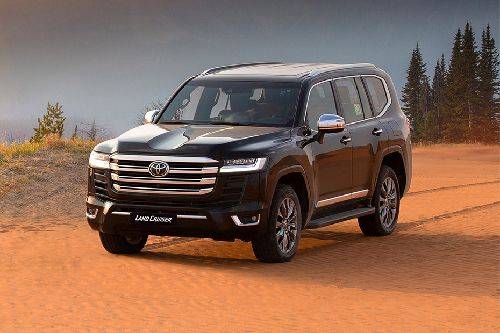
|
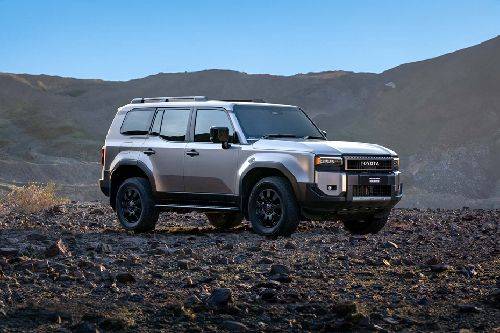
|
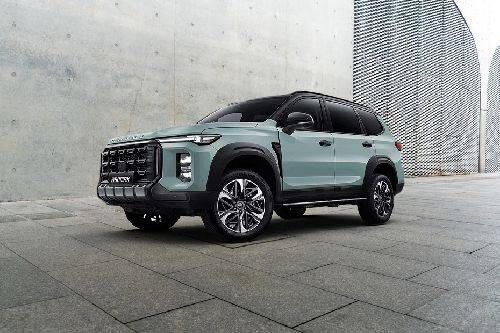
|
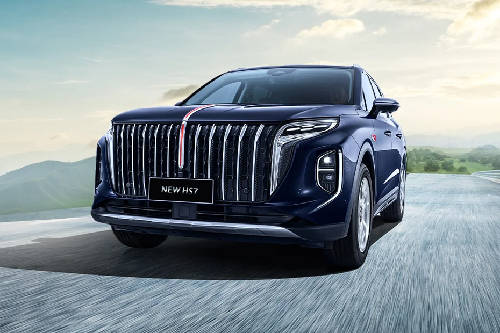
|

|
|
Transmission Type
Automatic
|
Automatic
|
Automatic
|
Automatic
|
Automatic
|
|
Engine Displacement
3298
|
2798
|
1998
|
1998
|
2997
|
|
Power
302Hp
|
201Hp@3400rpm
|
160Hp
|
252Hp
|
245Hp
|
|
Torque
700Nm
|
500Nm@2800rpm
|
500Nm
|
380Nm
|
570Nm@1250-2250rpm
|
|
|
Trending SUV
- Latest
- Upcoming
- Popular

